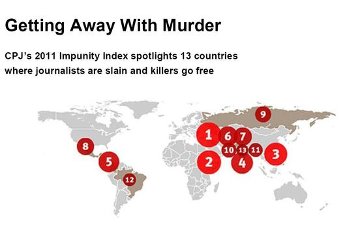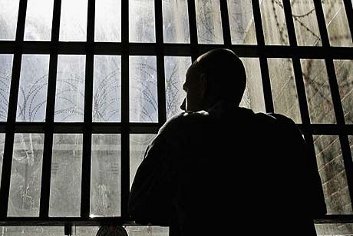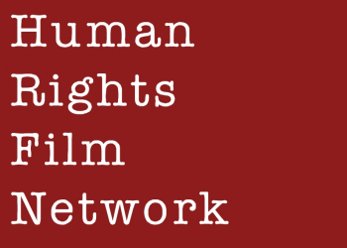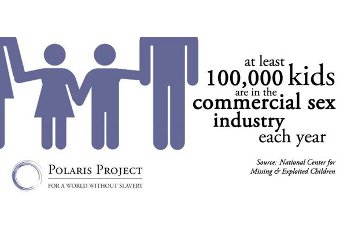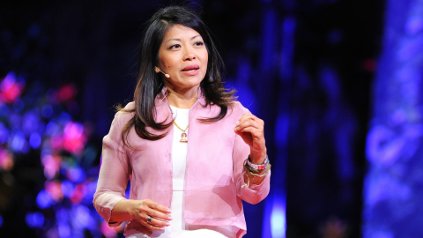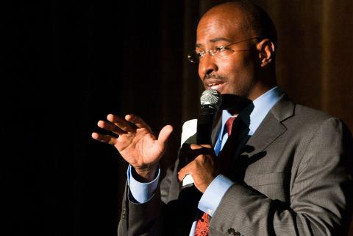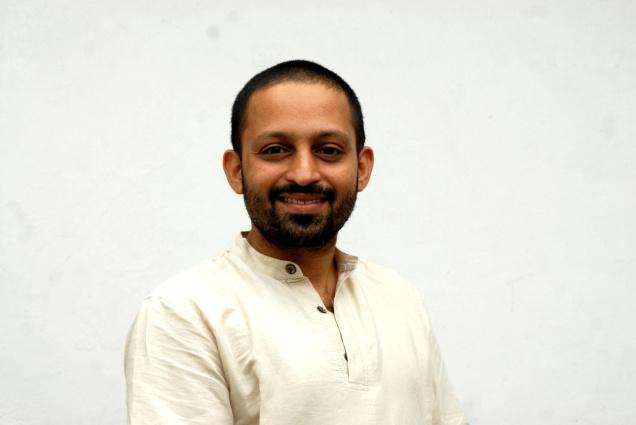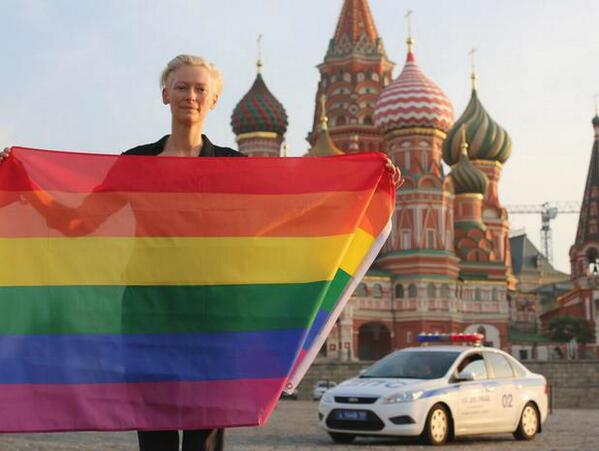Effective rule of law helps reduce corruption, improve public health, enhance education, lift people from poverty, and protect them from injustices and dangers large and small. Despite this, all over the world, people are denied basic rights to safety, freedom, and dignity because the rule of law is weak or non-existent. The natural environment is degraded when environmental protection laws are ignored. Women suffer abuse when they don’t know they are protected by laws or when their access to justice is limited. Families suffer when parents are coerced into paying bribes to get their children admitted to public schools or to get them basic health care. Local and international businesses avoid investing in communities because of the lack of stable rules and regulations and excessive amounts of risk. Rule of law means better public health, economic development, and political participation. It is the necessary ingredient to all forms of human endeavor, especially in communities of greatest need. The work of the World Justice Project is founded on two premises: 1) the rule of law is the foundation of communities of peace, opportunity, and equity, and 2) multidisciplinary collaboration is the most effective way to advance the rule of law. Based on this, the WJP has three mutually-reinforcing lines of business: Research and Scholarship, the WJP Rule of Law Index, and Engagement initiatives.
Related Articles
Impunity, a film about Colombia
and the links of crime and politics
Stop them before going to the judge
Eva Marszewski and the Peace Builders
informative and inspiring : 38 festivals to choose from
How do you put an end to human trafficking?
Derek Ellerman and the Polaris Project
International Bridges to Justice and the story of Karen Tse
The Briton who sacrificed himself for Burma
the story of James Mawdsley
insights from the Ella Baker Center
Navayana: changing caste injustice in India
the Navayana method
a documentary about the Commission for Reconciliation
and the gay rights in Russia
![]()
STAY IN TOUCH
SUBSCRIBE TO OUR NEWSLETTER
AND RECEIVE OUR LATEST STORIES

